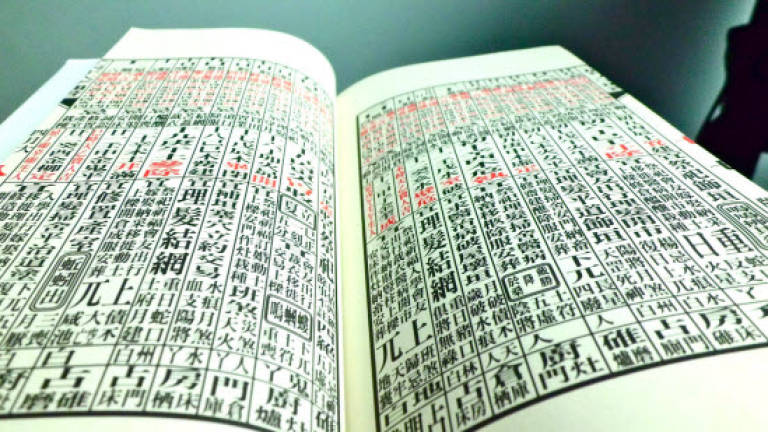Classical Feng Shui - Selecting the right date

THE Chinese have practised date selection for over 2,000 years. Historical texts contain many references to date selection in both military as well as state matters.
The ancient Chinese had observed and recorded the happenings in the sky above (cosmological events) and related them to events that took place on earth.
Through years of observing the movement of the stars, they were able to derive patterns that eventually became the basis of many Chinese metaphysical studies such as feng shui, as well as Chinese astrology studies such as bazi and Zi Wei Dou Shu.
The Chinese view time as cyclical, and that positive and negative energies occur in a cyclical pattern that is repeated, and can be calculated and pre-determined.
They believe that if you carry out an important activity at a certain point in time when the cosmic energies are most suited for the purpose, then these energies will ensure the activity gets off on a positive note. It is that simple.
Although date selection was originally used for military and state matters, it eventually found its way into economic matters such as planting and harvesting, construction, opening of businesses, as well as personal matters such as travel, marriage, seeking treatment, burial, worship and moving house.
The practice grew, so that by the Qing dynasty, there were numerous date selection methods available, with each claiming to be the best or most accurate.
Many of them contradicted each other and some had no basis in practicality, astronomical or otherwise.
Emperor Qian Long (1711-1799) of the Qing dynasty felt the need to correct these contradictions, so he commissioned a grand text on astology and astronomy.
He compared Chinese text and data with western astronomical data and came out with a book called the Xie Ji Bian Fang Shu.
This is today the reference text for Chinese date selection. You may be familar with the Chinese Almanac or Tung Shu, which among other things, provides a yearly guide of good and bad dates.
Despite the efforts of the emperor, multiple date selection methods still exist today. The more popular ones include the 12 Officers, and the 28 Constellation Methods.
Then, there are others such as Grandmaster Dong’s Superior Days, Qi Men Dun Jia, and the Xuan Kong Da Gua Date Selection method which is highly popular for use in property-related matters such as renovations and moving house.
There is also the Master Killing Days, which is a set of days in the year where the feng shui master must abstain from practising feng shui. Breaking this rule may result in blindness for the offender!
Date selection usually starts with eliminating the inauspicious days followed by identifying the auspicous or good dates from the remaining days of the year.
Do note that not all good dates are good for everything.
For example, a good date for marriage may not be good for moving house. Also while a good date may be good for most people, it may not be good for those born in a certain Chinese zodiac year.
In date selection, there are good dates, bad dates and average dates. In future columns, we will look at some simple date selection techniques and methods.
Henry Fong is an electronic engineer by qualification and he approaches feng shui with the same analytical and investigative approach he uses in his training. Readers can write to him at lifestyle.henryfong@thesundaily.com.